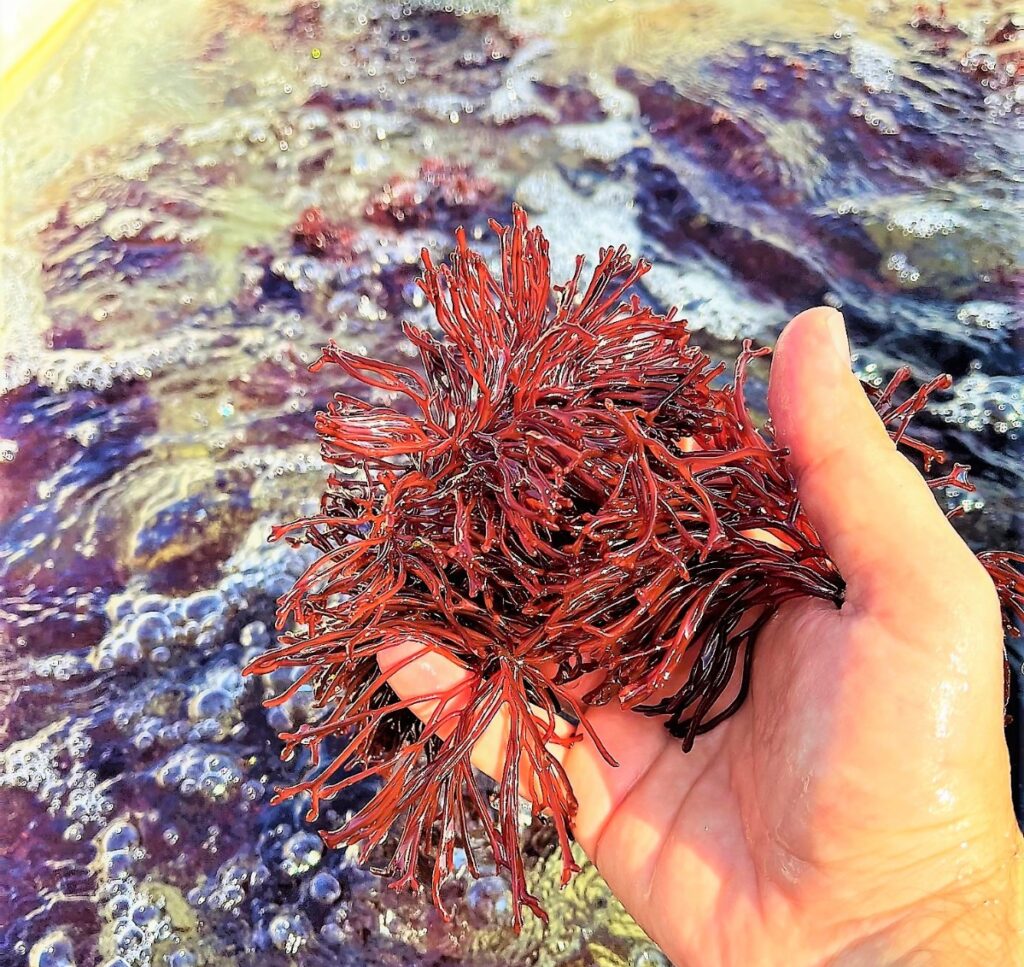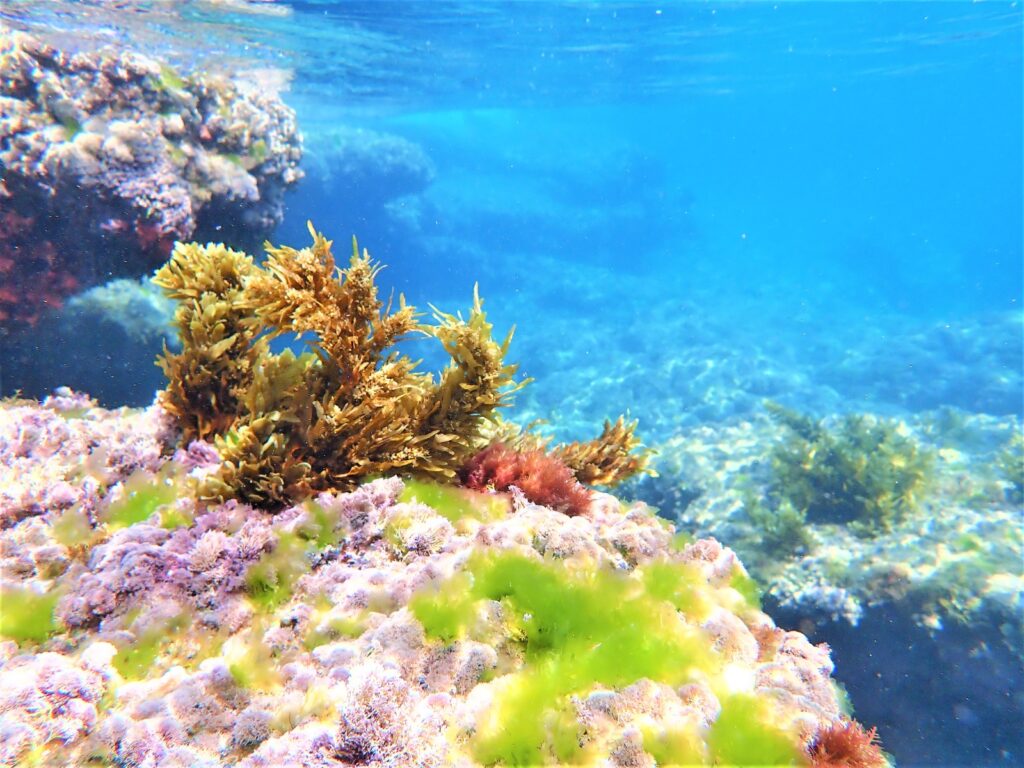Israeli researchers say that starving seaweed of nutrients or exposing it to excess salt or light, actually produces better yields of beneficial medical compounds.
They doubled its natural concentration of antioxidants, tripled the amount of compounds that can make natural sunscreen, and increased the number of pigments with great medical value ten-fold.
The ability to increase the seaweed’s beneficial properties by “stressing it out” can serve the pharmaceutical, cosmetics, food, and nutritional supplement industries.
The researchers, from Tel Aviv University and the Israel Oceanographic and Limnological Research Institute, believe that in the future it will be possible to increase the amounts of other important natural materials with important medical properties, like anticancer, antidiabetic, antiviral, and antibiotic substances.

Seaweed creates unique chemicals to cope with the harsh environments it faces on the ocean’s shoreline, like changes in salinity and temperature, high exposure to solar radiation, and changes in the availability of nutrients.
The researchers grew the seaweed using an environmentally-friendly method known as integrated aquaculture, where different species are grown together in the same water source.
In this specific case, the seaweed was grown in the same environment as fish effluents.
This method benefits the seaweed while at the same time helping to purify the seawater and minimizing negative environmental impacts.
The researchers also emphasize that seaweed aquaculture is environmentally-friendly, preserving the ecological balance and reducing environmental risks by reducing the emissions of greenhouse gasses and other pollutants.
“In the future, humanity will focus on creating science-based environmental solutions, such as the one we offer in the current study: technologies that promote recycling and the sound use of natural resources without overexploiting them,” said Doron Ashkenaiz, the PhD student who led the study.
The research was published in the scientific journal Marine Drugs.
Related posts

Israeli AI Safety Tool Among TIME’S Best Inventions For 2024

TAU Team Discovers Mechanism To Eliminate Cancerous Tumors

Ashdod Port Investing In Startups As Part Of Innovation Strategy




Facebook comments